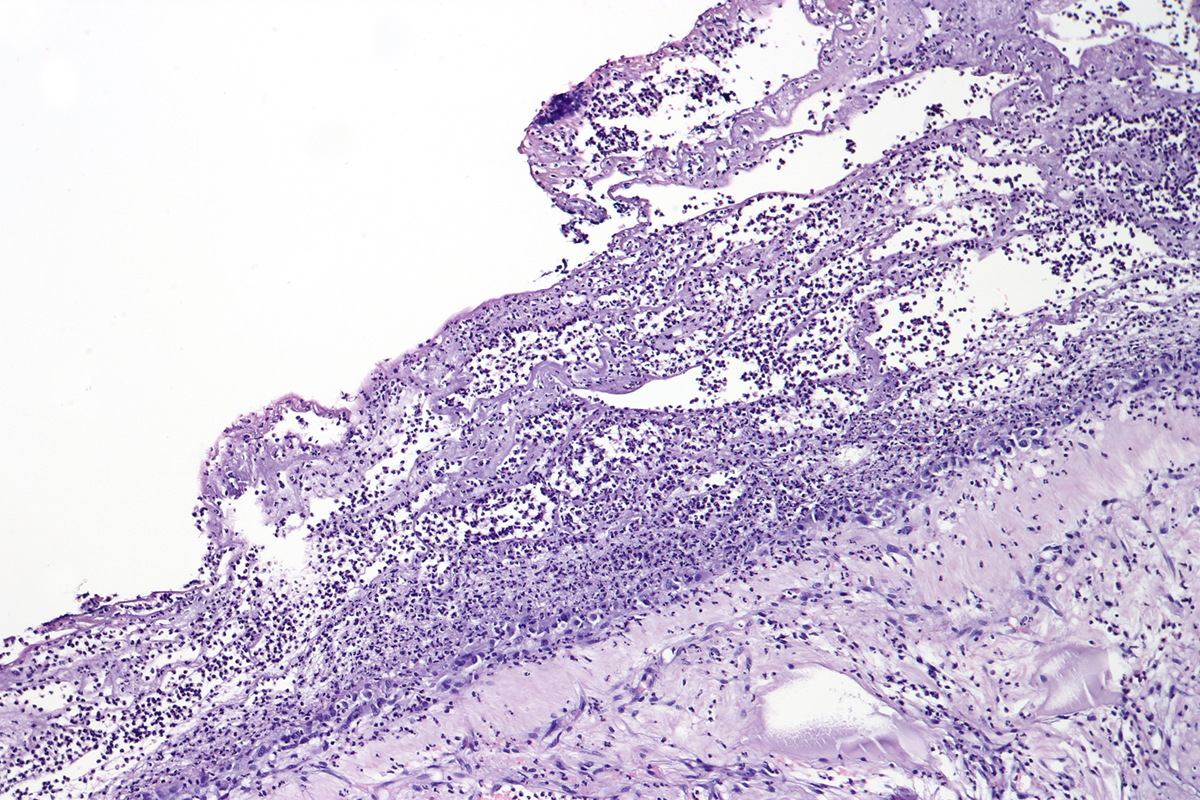
Perforation of bowel or large intestine is a serious medical condition which carries risk of many complications. Once the stool and bacteria from the intestine reach peritoneal cavity they cause peritonitis which if not treated on time and properly may even cause death. Perforation generally may affect any part of the gastrointestinal tract including stomach or small and large intestine.
Causes of Perforated Bowel
There are many diseases and factors which may contribute to bowel perforation.
Bowel perforation can be related to certain illnesses which affect the wall of the large intestine and make it more susceptible to rupture. These illnesses include Chron's disease, ulcerative colitis, and irritable bowel disease. Perforation due to irritable bowel disease actually occurs rarely. Furthermore, diverticulitis is one more intestinal disease which may if, left neglected, cause bowel perforation.
Intestinal blockage of any kind may also eventually result in bowel perforation. Obstruction prevents proper passage of the stool which collects in front of the site of obstruction and causes distension of large intestine. Distension may eventually result in rupture.
And finally, bowel perforation may result as a consequence of injury or trauma. Puncture wound caused by sharp object in the abdomen frequently result in bowel perforation.
Symptoms of Perforated Bowel
Bowel perforation is typically accompanied by pain. The pain may vary in intensity and can be sharp or dull. Furthermore, there is obvious and easily noticed swelling of the abdomen. Patients may complain about a constant feeling of fullness and bloating. Bowel perforation usually leads to fever accompanied by chills. There are additional symptoms such as nausea and vomiting. And finally, there is apparent change in bowel movements in a form of diarrhea or constipation.
Treatment for Perforated Bowel
Bowel perforation is very serious condition and it can be only treated surgically. It requires prompt medical help and the diagnosis must be set as soon as possible so that the operation can be performed timely.
The surgery includes opening of the abdominal cavity, proper cleaning and elimination of the feces and fluids which have accumulated in the peritoneum and closure of the wound. In cases of severe infection surgeons may perform temporary colostomy. The patients are also administered high doses of antibiotics which need to prevent potential sepsis. There is a chance that patients will suffer from recurrent peritoneal infection even after the surgery and accompanied treatment have finished. Recovery time after bowel perforation may last for some time. This particularly refers to patients who had to undergo partial removal of the large intestine.






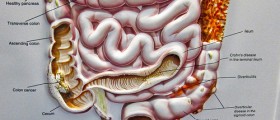

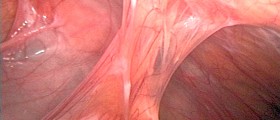




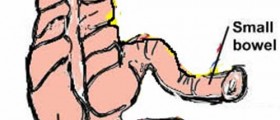

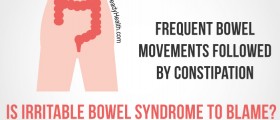

Your thoughts on this
Loading...